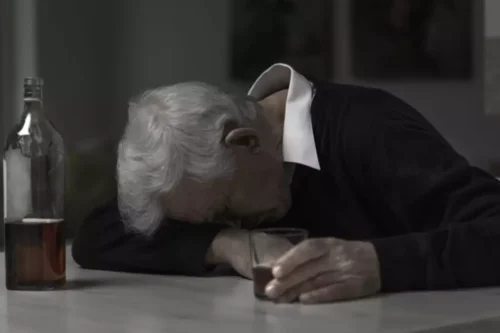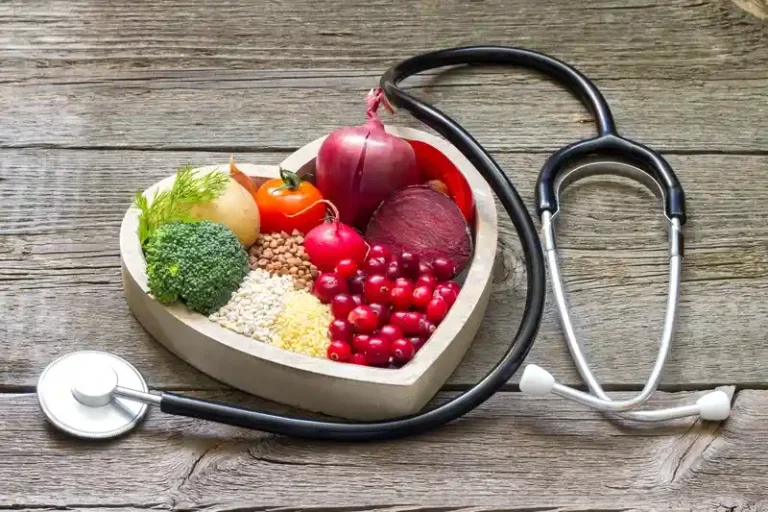
Heavy drinking can even harm your baby before you know that you are pregnant. So, if you are planning a pregnancy, it is a good time to stop drinking alcohol or reduce the amount you drink. There is a greater chance of harm to your unborn baby the more you drink when you are pregnant. This is because the level of alcohol in your blood is high, and so more alcohol can cross to your baby. Lots of problems are linked to binge drinking, and not all of them are obvious or happen straight away. At least 1 in 3 Australian adults drinks enough alcohol to put them at risk of disease or injury.
Find healthier coping mechanisms
These problems include hangovers, injuries, overdoses, alcohol use disorder, heart and liver disease, and cancer. How quickly a person’s body absorbs alcohol may depend on their sex, age, and body size. But it typically takes four or more standard drinks for women and five or more standard drinks for men to reach a BAC of 0.08% during a 2-hour binge drinking period. In many cases, even moderate drinking (defined below) appears to increase risk. Despite this, less than half of the US public is aware of any alcohol-cancer connection. That’s why the Surgeon General issued an advisory in January 2025 recommending that alcoholic beverages carry new labels warning of the alcohol-cancer link and highlighting that no safe low level of alcohol consumption has been established.
- A number of experts have recommended revision of the guidelines toward lower amounts, as more studies have linked even moderate alcohol consumption to health risks.
- Learn more here about the development and quality assurance of healthdirect content.
- However, not all reports support the link between consuming a specific beverage type (i.e., wine vs. beer or spirits) and health benefits.
- Surrounding yourself with supportive individuals who respect your decision to drink moderately or not drink at all can make a big difference.
- In the short term, excessive alcohol consumption can result in alcohol poisoning, unconsciousness, memory blackouts and impaired motor skills, all of which can increase the risk of accidents and injuries.
You deserve excellent care and a rewarding life in recovery.

This Dr. Axe content is medically reviewed or fact checked to ensure factually accurate information. Calls to our general hotline may be answered by private treatment providers. We may be paid a fee for marketing or advertising by organizations that can assist with treating people with substance use disorders. Solutions Healthcare Recovery Solutions makes numerous media outlets available to encourage you in your recovery process. Digital media literature is approved by a licensed professional and intended to guide you in your recovery path. If someone needs more help, the NIAAA Alcohol Treatment Navigator can help.
What is binge drinking and what does it do to your body?

Over time, a binge drinker is at a higher risk for severe health problems such as liver disease, pancreatitis, and certain types of cancers. Additional research is needed to better recognize the differential binge drinking effects effects of binge, chronic, and binge-on-chronic patterns of alcohol consumption. Animal models that reflect these patterns of alcohol exposure are needed. As binge drinking involves consuming significantly higher amounts of alcohol, the health impact can be more severe.

In the long term, high-intensity drinking can lead to chronic health issues such as liver what is Oxford House disease, cardiovascular problems and neurological damage. Binge drinking is often seen as a cool activity to do during college life. The 2022 National Survey on Drug Use and Health (NSDUH) revealed that 29.0% of full-time college students aged 18–22 engaged in binge drinking at some point during the semester.





